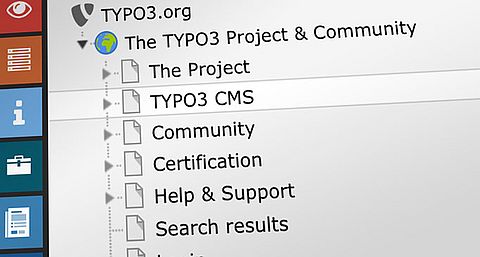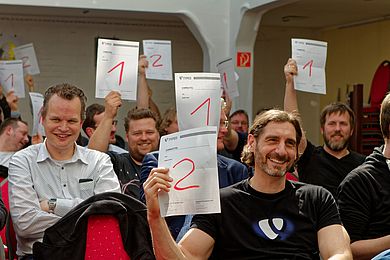As a budget owner, you need to hand in a budget application form. Please send a copy or the link of your application to budget(at)typo3.org
Your budget application can contain three different types of costs:
- EN: enabling costs (travel, hotel, infrastructure, food and beverages during sprints; tickets for events, etc)
- WT: worktime costs (we prefer funding projects that use a maximum of 50% paid working time)
- AC: acknowledgements costs (acknowledgement of effort which is not in direct relation to working hours or items, for example, an amazon voucher. If money is acknowledged, it should not be higher in sum as the same result in working hours)
Please note: The TYPO3 Association wants to foster contribution with our budgets. Applications with less working time will be preferred.
Tips for budget planning:
- Try to organize sprints. Gather many people at the same time and/or location.
- Announce sprints at typo3.org and social media, to get more people involved.
- Public reports are essential! Write about your work in order to make it visible and entice more people to your team or project.
- You are allowed to use your budget to attend events, if you use this event to make your project public and invite people to contribute.
- Report early to the Budget Team, if you need less or more budget.





